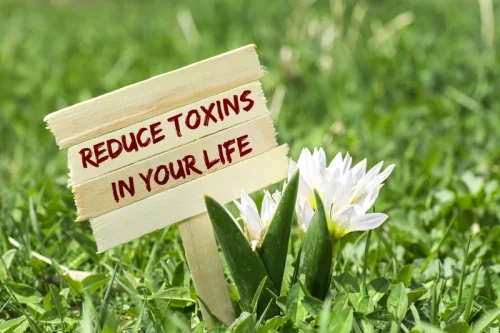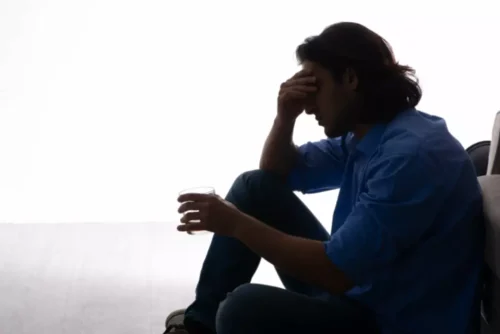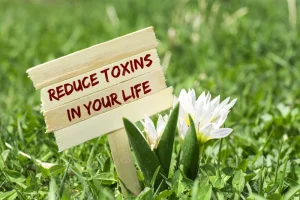
While moderate alcohol consumption may not pose severe risks, excessive drinking can lead to dehydration, electrolyte imbalances, and potential kidney strain. In fact, doctors don’t recommend holding your urine unless it’s really necessary. It can lead to issues like leakage, urinary tract infections, and additional bladder problems with age. So, go ahead and break the seal when you get the urge to urinate after drinking.
Recovery Begins Here

By thinking, “Don’t break the seal, ” you might ironically end up more focused on your need to pee. Managing frequent urination after drinking beer can make your experience more enjoyable. Beer consists of approximately 90% water, equating to a significant fluid intake.
- The month-long event recognized as “Dry January” is a time when people who choose to participate abstain from drinking alcohol.
- The breakdown process follows the concept of a “half-life,” which is the time it takes for the body to eliminate half of the substance.
- The body’s process of flushing out toxins after quitting alcohol can result in increased urination for a period of time, typically around a week.
- Alcohol is a diuretic, meaning it can make you produce more urine than normal.
- So while sweating out alcohol may not make a difference in terms of getting sober, it can affect the way your body sweats and the odor of your sweat.
Symptoms of Alcohol Overdose

This results in the body absorbing less water, leading to increased urine production and the need to urinate more frequently. The diuretic effect of alcohol is due to its impact on vasopressin, also known as the antidiuretic hormone. However, alcohol inhibits the release of vasopressin, leading to reduced water absorption and increased urine production.
- However, understanding how this effect works can help you reduce the number of bathroom trips.
- It starts on the first day of the new year, January 1st, and ends on the last day of January.
- So while it may not be enough to make a noticeable difference in terms of sobriety, it can help with detoxification.
- Alcohol can have a wide range of effects on the body, ranging from mood changes and impaired judgment to physical symptoms such as dehydration, headaches and increased urination.
- Underlying medical conditions, such as bladder issues or urinary tract infections, can contribute to increased urination frequency.
Can one beer make you pee a lot?
We are thought leaders in the industry and proudly support those that want to live an alcohol free life. Our dealcoholized beverages are produced in our state-of-the-art production facility under strict supervision and meet high-quality standards. Since then the number of participants in the initiative has consistently increased. From weight loss to improved mood and energy levels and sleep quality, there are several documented health benefits of Dry January. From enhanced hydration and better sleep to improved digestion and skin health, the benefits are numerous and profound.


Urologist James Ulchaker, MD, helps explain what’s going on in your body that’s causing this involuntary bed-wetting after too many drinks. As a general rule, it’s a pretty common recommendation to limit your drinking to one drink an hour if you need to drive. The myth says that since your body processes alcohol at about a rate of one drink an hour, if you pace yourself you won’t get do you pee out alcohol too drunk to drive.
- Alcohol negatively impacts our quality of sleep as it is (including our REM cycle) so it’s really just a double whammy.
- Alcohol has a diuretic effect on the body, meaning that it causes increased urination.
- What is it about drinking alcohol that causes you to spend so much time in the bathroom?
Don’t hold in your pee for fear of breaking a metaphorical seal.

So, even though you are running to the bathroom frequently from the beer, your body still processes every 12-ounce glass and takes in 150 calories (100 if it’s the “light” version). Methods Alcohol Use Disorder like eating food or drinking caffeine may make you feel more alert, but they do not speed up the body’s ability to metabolize alcohol. Beyond the physiological factors, social situations also influence bathroom urges. When you’re at a lively gathering, there’s an element of psychology that comes into play.
How often you drink
Receive encouragement from people worldwide who know exactly what you’re going through! You’ll also have the opportunity to connect with our licensed Reframe coaches for more personalized guidance. Read on to find out the science behind why alcohol makes you pee — and what, if anything, you can do to keep from having to constantly go to the bathroom. With any luck, you’ll also be less likely to overdo it in the a.m., ensuring your figure won’t have to pay the price for a night out. Karst recommends Greek yogurt with berries, almond or hemp butter with an apple, or a protein shake.
